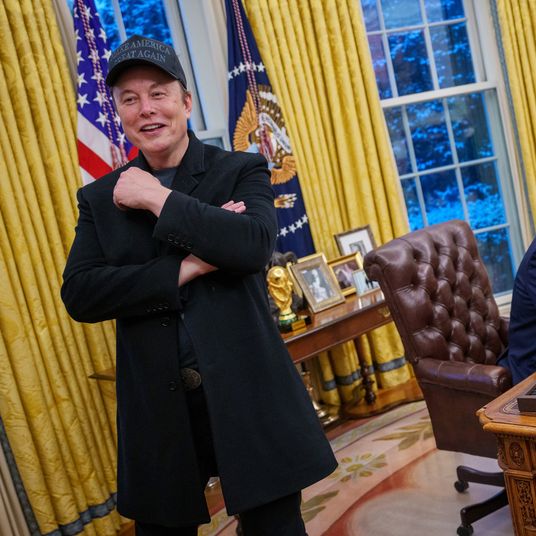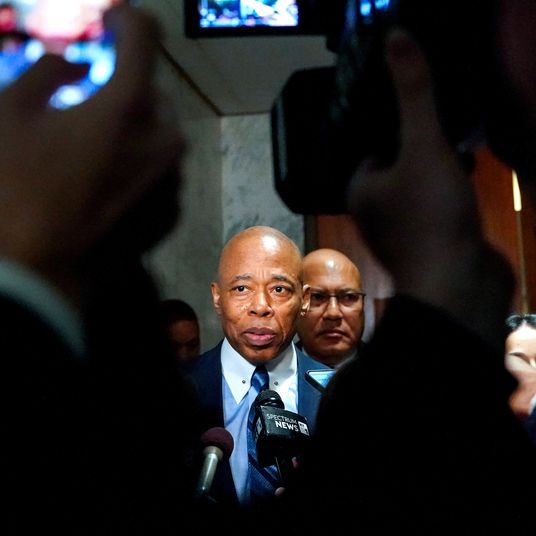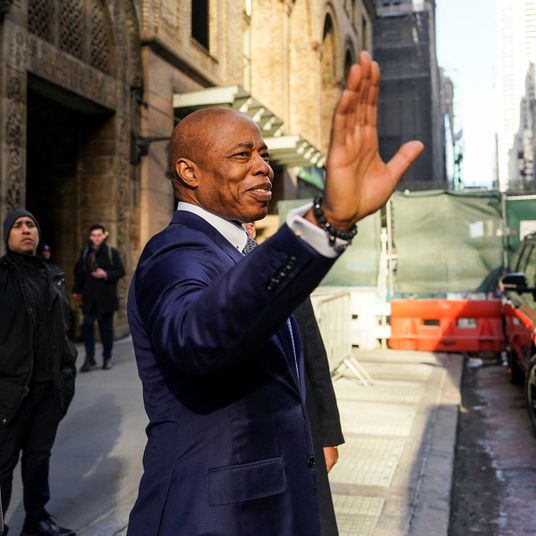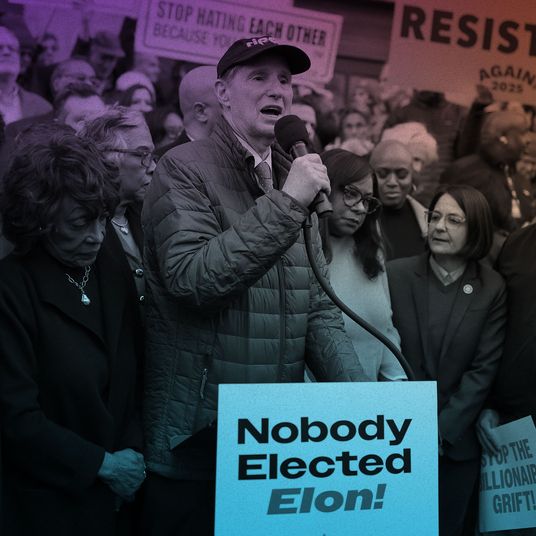
There may have never been a more purely partisan figure in American politics than Mitch McConnell. He is in his seventh Senate term and was the longest-serving Senate party leader ever, managing 18 years in that post even as the GOP steadily transformed itself into a radically ideological party around him. McConnell presided over a Republican Conference that specialized in disabling Democratic administrations, from its scorched-earth policy against Barack Obama to its relentless opposition to the agenda of Joe Biden.
But despite McConnell’s disdainful attitude toward Donald Trump, he delivered the president’s beloved tax cuts and a steady flow of easy confirmation votes on executive-branch and judicial appointments. The Kentuckian gave Trump the priceless gift of a third Supreme Court appointment in his first term after his audacious and unprecedented refusal to give so much as a hearing to Obama’s nominee, Merrick Garland. McConnell also defended Trump from conviction on two rounds of impeachment articles passed by the House. Though McConnell clearly disliked Trump (who more than reciprocated his contempt), the president was the party boss and McConnell was above all a party foot soldier.
I say “was,” because in the sad dénouement of his career after he gave up the Senate leadership, McConnell is finally showing a few signs of real independence from Trump. As the Senate’s Republican majority has rubber-stamped even the least qualified and most questionable of the 47th president’s nominees, McConnell has voted against two of them: Defense secretary Pete Hegseth and director of national intelligence Tulsi Gabbard. Viewed without context, both votes reflect McConnell’s old-school Cold War views on defense and foreign policy, which made the empty MAGA suit Hegseth and the anti-interventionist former Democrat Gabbard repellent. But plenty of other Republican senators undoubtedly suppressed similar misgivings and voted to give Trump what he wanted. Not the man who spent so many years whipping his troops into partisan uniformity.
These gestures are, however, far too little and way too late. Without question, Trump decisively won his long-standing feud with McConnell. Had ill health not forced him to step down as party leader, he would have almost certainly have been deposed as a satisfying punctuation mark on the MAGA movement’s total conquest of the Republican Party. Now he’s finally liberated from Trump’s yoke as he serves out his last two years in the Senate (it’s hard to imagine him trying to stick around beyond 2026). But McConnell has become totally irrelevant, which is the worst fate imaginable for a man who so clearly valued power over any set of real principles. His idol, the great 19th-century Kentuckian Henry Clay, was able to end his long and turbulent career in Washington on a very high note: the passage of his ultimate deal-making handiwork, the Compromise of 1850, which at the time appeared to be a historic measure saving the Union from dissolution over slavery. McConnell will spend his final years in office watching his colleagues surrender ancient prerogatives to whippersnappers like Elon Musk and to the president whose sobriquet for McConnell — the “Broken Old Crow” — seems quite apt right now.
McConnell isn’t getting much sympathy. Journalist Molly Knight bitterly taunted him over his recently discovered independence:
It’s very cute how Mitch McConnell is doing his little protest votes on Trump nominations now that he’s one foot in the grave. He had more power than anyone to stop Trump from ever becoming president again by pushing to convict him in the Senate four years ago but he was too big of a coward.
That’s a bit wide of the mark, I’d say. There was no way McConnell was going to deep-six a Republican president, no matter what he thought of him. That’s true even if you reject McConnell’s plausible arguments against pursuing the impeachment of someone no longer in office. The reality is that McConnell, like a lot of observers, thought Trump had written his political obituary with his conduct on January 6. Like so many other people, Mitch McConnell’s big mistake was underestimating Donald Trump, who now defines the party the Kentuckian lived to serve.
More on Politics
- Musk Inspires FEMA to Revoke $80 Million Intended for NYC
- Trump Ambassador Picks: Who’s in His ‘Diplomatic Clown Car’
- Trump Cabinet Confirmation Hearings: Schedule & How to Watch





























